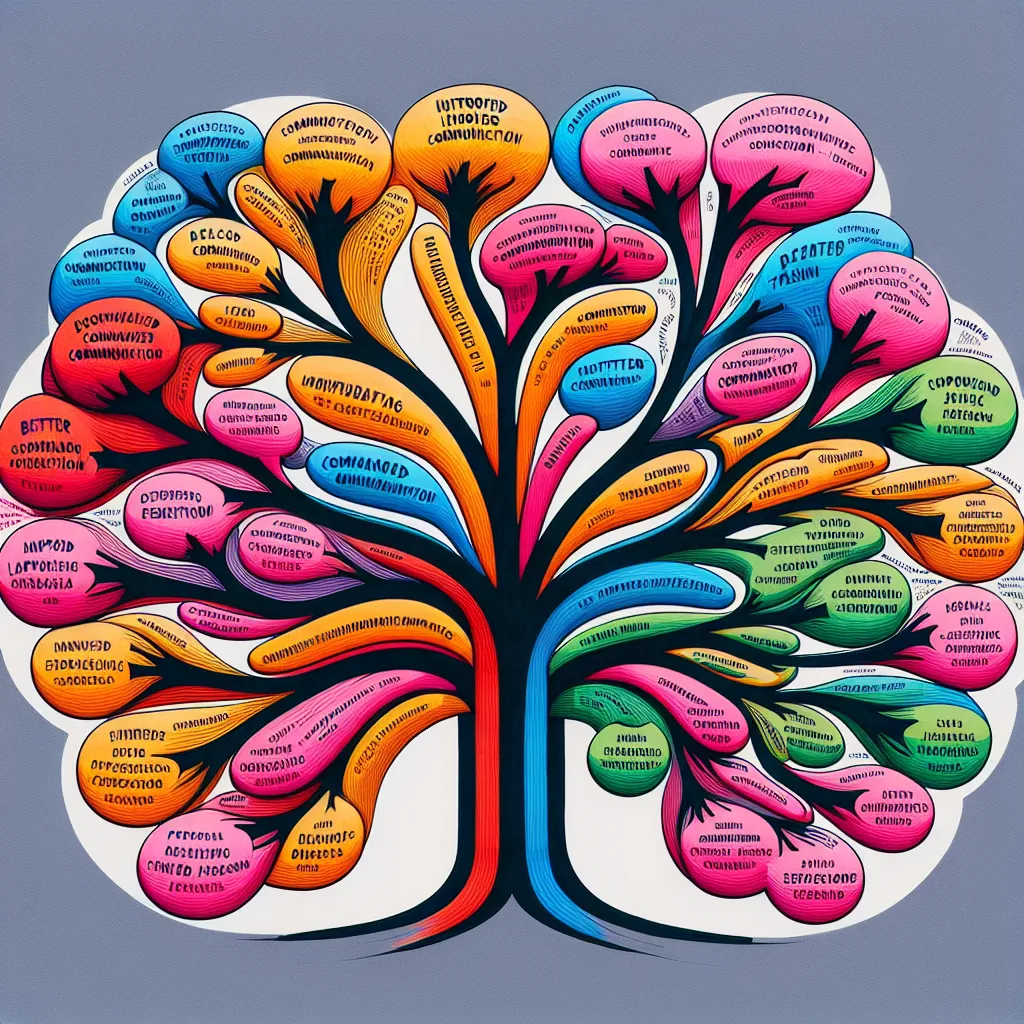Are you looking to improve your English skills quickly and effectively? Whether you’re a beginner or an advanced learner, mastering efficient English study techniques can significantly accelerate your progress. In this comprehensive guide, we’ll explore proven strategies to help you Study English Efficiently and reach your language goals faster.
Why Efficient English Study Matters
Learning English efficiently is crucial in today’s globalized world. It can open up numerous opportunities for personal growth, career advancement, and cultural exchange. By adopting effective study methods, you can:
- Save time and effort in your learning journey
- Achieve better results in exams like IELTS, TOEFL, or Cambridge English
- Communicate more confidently in real-life situations
- Enhance your chances of success in international education or career paths
 Efficient English Study Techniques
Efficient English Study Techniques
Key Strategies for Efficient English Study
1. Set Clear Goals and Create a Study Plan
To study English efficiently, start by setting specific, measurable, achievable, relevant, and time-bound (SMART) goals. For example:
- Improve listening comprehension by 20% in 3 months
- Learn 50 new vocabulary words per week
- Achieve a band score of 7.0 in IELTS within 6 months
Once you have your goals, create a structured study plan that outlines daily or weekly tasks. This approach helps you stay focused and motivated throughout your learning journey.
2. Immerse Yourself in English
Surround yourself with English as much as possible to create an immersive learning environment. Some effective ways to do this include:
- Watching English movies and TV shows with subtitles
- Listening to English podcasts or radio programs
- Reading English books, newspapers, or online articles
- Changing your phone and computer settings to English
Immersion helps you develop a natural feel for the language and improves your overall fluency.
3. Focus on Active Learning
Passive learning, such as simply reading or listening, is not enough for efficient English study. Engage in active learning techniques to reinforce your knowledge and skills:
- Take notes while studying and review them regularly
- Participate in English discussions or debates
- Teach concepts you’ve learned to others
- Use spaced repetition techniques for vocabulary retention
Active learning helps you process and retain information more effectively, leading to faster progress in your English skills.
4. Utilize Technology and Online Resources
Take advantage of the vast array of digital tools and resources available for English learners:
- Language learning apps like Duolingo, Babbel, or Memrise
- Online tutoring platforms such as italki or Verbling
- English learning websites like BBC Learning English or British Council
- YouTube channels dedicated to English education
These resources can supplement your traditional study methods and provide interactive, engaging ways to practice English.
 English Learning Apps
English Learning Apps
5. Practice All Four Language Skills
To study English efficiently, it’s essential to balance your focus on all four language skills: reading, writing, listening, and speaking. Here are some tips for each skill:
- Reading: Start with graded readers and gradually move to more complex texts. Use context clues to understand new vocabulary.
- Writing: Keep a journal in English, participate in online writing forums, or start a blog to practice regularly.
- Listening: Use resources like TED Talks, podcasts, or English news broadcasts to improve your comprehension.
- Speaking: Find a language exchange partner, join English conversation groups, or practice speaking aloud to yourself.
By developing all four skills simultaneously, you’ll achieve a well-rounded proficiency in English.
6. Learn Vocabulary in Context
Instead of memorizing isolated word lists, focus on learning vocabulary in context. This approach helps you understand how words are used naturally and improves your ability to use them correctly. Try these methods:
- Read extensively and note down new words along with their context
- Use example sentences when learning new vocabulary
- Create word association maps or mind maps
- Practice using new words in your own sentences or conversations
Learning vocabulary in context enhances your overall language comprehension and usage.
7. Embrace Error Correction and Feedback
Don’t be afraid of making mistakes – they’re a natural part of the learning process. Seek out opportunities for error correction and feedback:
- Work with a tutor or language exchange partner who can provide corrections
- Use grammar checking tools for your writing
- Record yourself speaking and analyze your pronunciation
- Participate in English language forums where native speakers can offer feedback
By addressing your errors and applying feedback, you’ll continuously improve your English skills.
Important Considerations for Efficient English Study
Consistency is Key
Studying English efficiently requires consistent effort. It’s better to study for shorter periods every day than to have long, infrequent study sessions. Aim for at least 30 minutes of focused English practice daily to maintain steady progress.
Tailor Your Study Methods to Your Learning Style
Everyone learns differently, so it’s important to identify your preferred learning style and adapt your study techniques accordingly. Whether you’re a visual, auditory, or kinesthetic learner, choose methods that work best for you.
Monitor Your Progress
Regularly assess your progress to stay motivated and identify areas that need improvement. You can:
- Take practice tests or quizzes
- Record your speaking and compare it over time
- Keep a learning journal to track your achievements and challenges
- Use language proficiency benchmarks like the Common European Framework of Reference (CEFR)
Monitoring your progress helps you stay on track and adjust your study plan as needed.
Next Steps in Your English Learning Journey
Now that you have a solid foundation of efficient English study techniques, it’s time to put them into practice. Here are some suggestions to get started:
- Create your personalized study plan based on the strategies outlined in this guide.
- Set specific goals for the next month and track your progress.
- Explore the recommended online resources and choose ones that align with your learning style.
- Find a study buddy or language exchange partner to practice with regularly.
- Challenge yourself to use English in new ways every day, such as thinking in English or narrating your daily activities.
Remember, studying English efficiently is a continuous process that requires dedication and perseverance. Stay motivated, be consistent, and don’t be afraid to step out of your comfort zone. With these efficient study techniques, you’ll be well on your way to mastering the English language.
[internal_links]
By implementing these efficient English study techniques, you’ll optimize your learning process and achieve your language goals faster. Whether you’re preparing for an exam, improving your professional skills, or simply passionate about language learning, these strategies will help you succeed. Start applying them today and watch your English proficiency soar!




